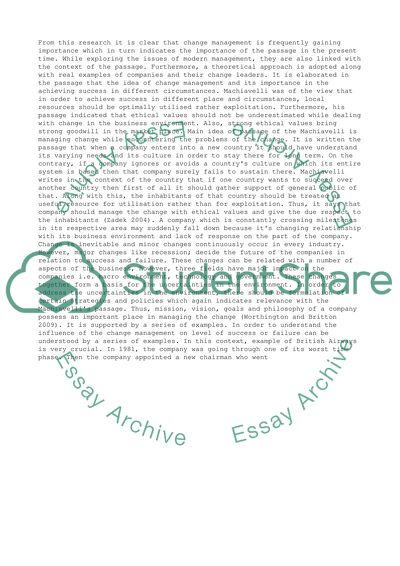Cite this document
(“Contemporary issues in management Essay Example | Topics and Well Written Essays - 2750 words”, n.d.)
Retrieved from https://studentshare.org/management/1393467-critical-writing
Retrieved from https://studentshare.org/management/1393467-critical-writing
(Contemporary Issues in Management Essay Example | Topics and Well Written Essays - 2750 Words)
https://studentshare.org/management/1393467-critical-writing.
https://studentshare.org/management/1393467-critical-writing.
“Contemporary Issues in Management Essay Example | Topics and Well Written Essays - 2750 Words”, n.d. https://studentshare.org/management/1393467-critical-writing.


